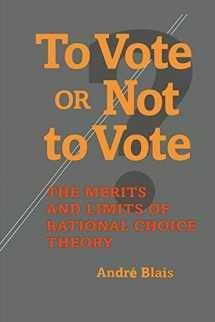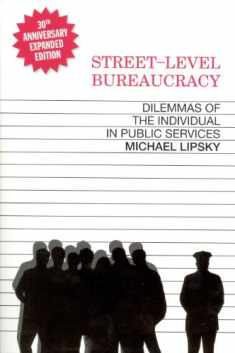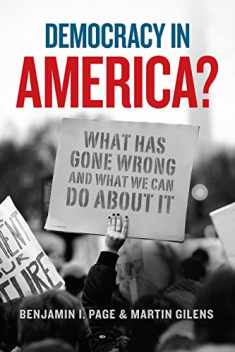
To Vote or Not to Vote: The Merits and Limits of Rational Choice Theory (Political Science)
Book details
Summary
Description
What makes people decide to vote? In addressing this simple question, André Blais examines the factors that increase or decrease turnout at the aggregate, cross-national level and considers what affects people’s decision to vote or to abstain. In doing so, Blais assesses the merits and limitations of the rational choice model in explaining voter behavior. The past few decades have witnessed a rise in the popularity of the rational choice model in accounting for voter turnout, and more recently a groundswell of outspoken opposition to rational choice theory.
Blais tackles this controversial subject in an engaging and personal way, bringing together the opposing theories and literatures, and offering convincing tests of these different viewpoints. Most important, he handles the discussion in a clear and balanced manner. Using new data sets from many countries, Blais concludes that while rational choice is an important tool—even when it doesn’t work—its empirical contribution to understanding why people vote is quite limited.
Whether one supports rational choice theory or opposes it, Blais’s evenhanded and timely analysis will certainly be of interest, and is well-suited for advanced undergraduate and graduate-level classes.


We would LOVE it if you could help us and other readers by reviewing the book
Book review





